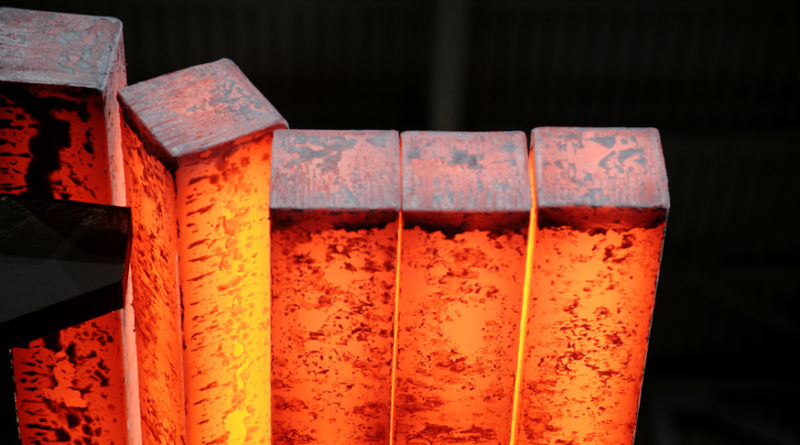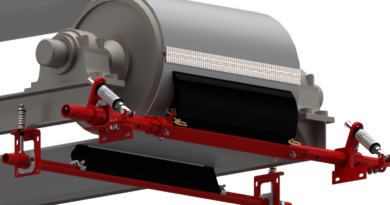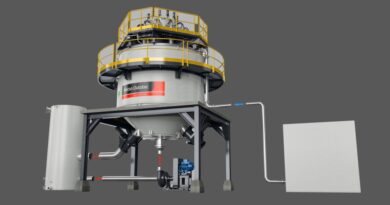Insimbi Group ‘performing better than expected’
Insimbi has reported that group revenue increased by 5,9% from R4,5 billion to R4,8 billion. This increase is attributable to accounting for a full year of Group Wreck and three months of the Treppo Group which also compensated for reductions at the rest of the group.
Gross profit however increased by 8,8% to R414 million from R380 million as a result of improved margins. The operating profit of R94 million was achieved compared to R101 million in the previous year.
The steel and foundries industries in which the group operates continued to struggle in the difficult local and global economies. The international trade standoff between the United States and China continued throughout the year with significant negative impact on trading.
The prices on the London Metal Exchange and the rand exchange rate fluctuations resulted in market uncertainty. The results for the year include a full year of trading for Group Wreck versus only three months in the comparative period. The acquisition of the Treppo Group of companies was concluded and their results are included from 1 December 2019.
Insimbi provides the steel, aluminium, cement, foundry, plastics, paper and pulp industries with resource-based commodities like ferrous and non-ferrous alloys, as well as refractory materials, by integrating the supply, logistics and technical support functions.
The group acquired Treppo Group on the 28 November 2019. The Treppo Group is principally involved in the metal recycling industry. The recycler operates in Johannesburg and KwaZulu-Natal.
Insimbi continues to operate from premises in Johannesburg, Durban and Cape Town, including the AMR group active from sites in Devland, Booysens and Roodepoort on the West Rand and Group Wreck in Phoenix and Queensburgh in KwaZulu-Natal.
“It is fair to say that we are performing better than expected, since the lifting of level 5 lockdown. It is also fair to say, that as a result of Covid-19, we have learned not only how to adapt to the “new normal” but also how to operate more efficiently and effectively. This will result in material reductions in operating costs across the group. We are simply doing more with less,” CEO Frederick Botha said.
“It is also no secret that due to the acquisition strategy pursued since 2016 the group balance sheet is currently rather heavily geared. As a result of the interest rate cuts since March 2020 of over 2.75% (with more reductions expected) per annum, we will benefit significantly from a much reduced annual interest cost.”
MARKET AND PROSPECTS
The onset of the Covid-19 pandemic and subsequent global and national lockdowns have put businesses in turmoil. The group was permitted to operate its recycling plants at 50% capacity in May 2020, while the rest of its operations were limited to 20%.
Isimbi is still assessing the impact on its supply chains and customers, but the directors are guardedly optimistic for the future. The company remains cautiously optimistic about the rest of the year ahead despite the massive challenges facing all of us due to Covid-19 and the unavoidable worsening of the economic landscape.
There is no doubt that the hard lockdown which resulted in almost 7 weeks of lost revenue in the first half of the 2021 financial year will have a significant impact on group’s budgeted performance and it remains to be seen how it performs in the current financial year compared to the prior 2020 year.




